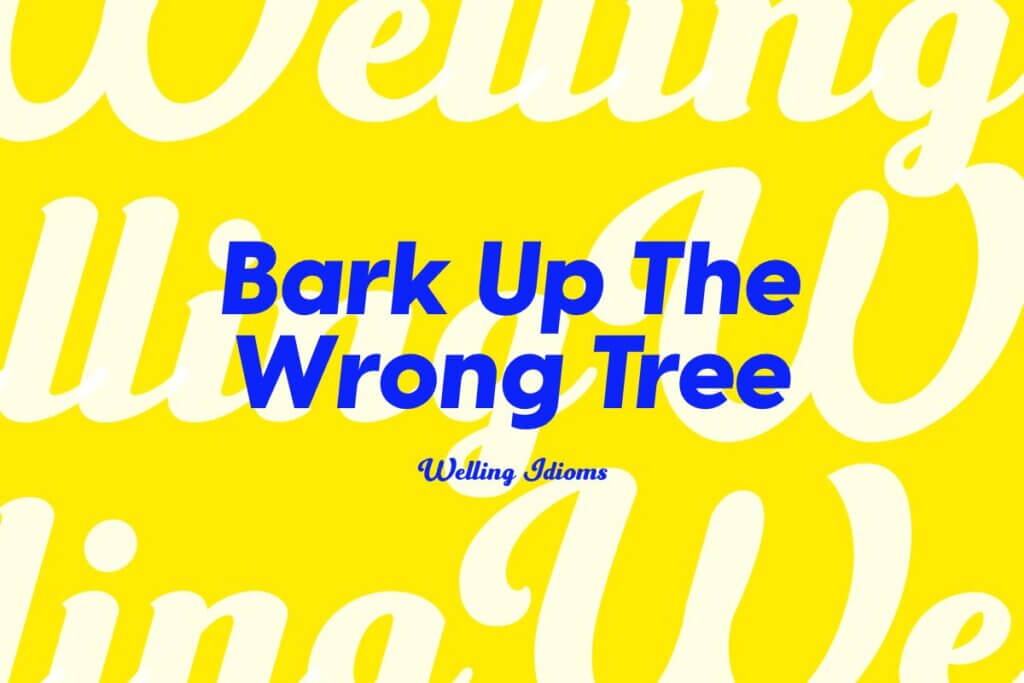Meaning
"How could I" is a more polite and formal way to make requests or ask for permission in a more courteous manner.
Today's Sentences
- How could I help you?.
- How could I thank you?
- How could I run without you?
- How could I forget your birthday?
- How could I fall out of love with you?
- Writer's Note
01
How could I help you?
Situation 1
How could I help you?
I’m trying to find the offices of Parker and Parker?
They’re located on the 5th floor.
The elevators are to your left.
Thank you so much.
Situation 2
Welcome.
How could I help you?
I’m looking for a gift for my dad.
Did you have anything in mind?
I wanted to look at vests, shirts, or accessories.
02
How could I thank you?
Situation 1
Excuse me, did you help my Grandma cross the street yesterday?
I did.
How could I thank you?
You were probably on your way somewhere but took the time to help her across.
It was no problem, I wanted to help her.
Thank you for reaching out though.
Situation 2
I brought over an apple pie to welcome you to our neighborhood.
That’s so sweet of you.
How could I thank you?
There’s nothing to thank.
Maybe we could have coffee when you’re free.
That would be lovely.
Thanks, again!
03
How could I run without you?
Situation 1
Sorry I can’t work out with you.
That’s okay.
Feel free to go for your morning runs.
How could I run without you?
You’re my favorite running buddy.
Situation 2
I don’t think I can make the marathon this year.
Why not?
How could I run without you?
I’ve got a work trip that I can’t get out of.
You’re my pacemaker and motivator.
But I'll try to get through the marathon the best I can.
04
How could I forget your birthday?
Situation 1
Surprise!
You remembered?
How could I forget your birthday?
I thought everyone forgot this year because no one mentioned anything.
Situation 2
Here, I got you something.
What?
Is this my birthday gift?
Of course!
How could I forget your birthday?
Well, I never expect anything but thank you for the celebration.
05
How could I fall out of love with you?
Situation 1
Do you think we’ll still be married in 10 years?
What do you mean?
We’re 10 years strong already.
Well, you never know.
You could meet someone and end up in love.
How could I fall out of love with you?
Situation 2
Are you still in love with me?
How could I fall out of love with you?
Anything can happen.
There are no guarantees in life.
You’re right.
But I can promise you that I love you as much as I did when we first met.
Writer's Note
In the examples above, you can see that the sentences are formed with "How could I" + verb. But we can change the tone and meaning with "How could I have" + past participle. When using this formula it means that something was possible in the past, or you had the ability to do something in the past, but that you didn't do it.
- How could I have written this book without you?
- How could I have gotten home without you?
- How could I have lost all this weight without your support?
- How could I have received this award without your guidance?
- How could I have spelled your name incorrectly?
Here's a tip or two about past participles.
- Form past participles of regular verbs. Add "-ed" to the base form of the verb, or "-d" if the verb ends in "e".
For example: call👉called, dance👉danced, watch👉watched. - The past participle and simple past form are the same for regular verbs.
For example: loved👉loved, listened👉listened, played👉played. - Pronunciations can differ for past participles ending in "-ed". The pronunciation depends on the last sound of the verb.
- Use past participles in tenses like present perfect, past perfect, future perfect, and conditional perfect.
Present Perfect👉I have eaten (past participle: eaten)
Past Perfect👉She had finished (past participle: finished)
Future Perfect👉They will have completed (past participle: completed)
Conditional Perfect👉If he had studied harder... (past participle: studied) - Use past participles in the passive voice. Use the conjugated form of the verb "be" with the past participle. Structure would look like this; to be verb (was, were, is, are, etc.) + past participle.
For example: The breaking news has been reported on various channels worldwide. - Use past participles with auxiliary verbs. Precede the past tense verb with an auxiliary verb.
For example: She has finished the dishes.
For example: The kids had eaten before we arrived home.



